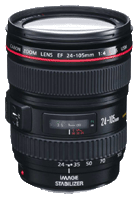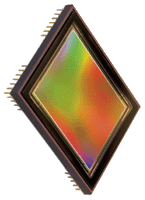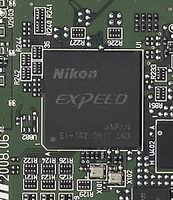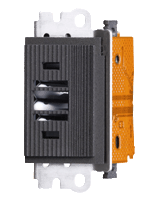
Home |
Resolution |
Software |




Some of the complex, high tech components of modern cameras.
Digital Cameras Are Complex!
Let me assure you: Modern digital cameras are just about the most complex pieces of technology on the planet. They are an incredible hybrid of computers, optics, semiconductors, cybernetics, image processing, artificial intelligence, batteries and human/machine interaction technology. If your idea of modern cameras is that a shutter lets the light from a scene pass through a lens and strike a sensor which produces a JPG file, then your understanding is so superficial as to be almost useless.
What do you know of the Poisson behaviour of light? of intensity partitioning in the square domain? of human visual perception in the cubic domain? of gamma curves and colour gamuts? of the double Gauss configuration? of aspherical lens behaviour? of Bayer patterns and demosaicing? of depth of field variation with sensor size? of split image registration auto focus? of accelerometer based movement detection? of 2D filtering in the frequency domain? of lossy and lossless compression algorithms? of bicubic interpolation? of matrix metering? of ADC gain stages? etc, etc.
Even though you may be an experienced photographer, and know how to produce attractive images, unless you are a leading member of a manufacturer's camera design team, I'm betting you don't have a thorough understanding of most of these topics, all of which are indispensable parts of the camera that you use every day.
I don't claim to know everything about all these items, but I certainly know enough to have a pretty good idea of just how vast and complex this pool of technology is. I also believe that I have a better grasp on the whole business than most and can hence be of use in explaining to those who don't know, how their digital camera actually works. I have gone to the trouble of creating these pages because I found that the information available on the net was often hard to find, narrow and superficial; not really getting to the absolute bottom of the issue. This section is intended to remedy that shortcoming. I intend to produce explanations that are both broad and deep; the full story for those who really want to know. I appreciate that this stuff would be better coming from Nikon's chief scientist, but that ain't gonna happen, is it?
I will tackle various areas as I find the time and inclination, but I start with heart of the camera: the sensor, in my analysis and discussion on the question of resolution. Come with me on a surprising and enlightening journey.
Those who perceive errors in my analysis or who have additional knowledge that they wish to add can contact me here.